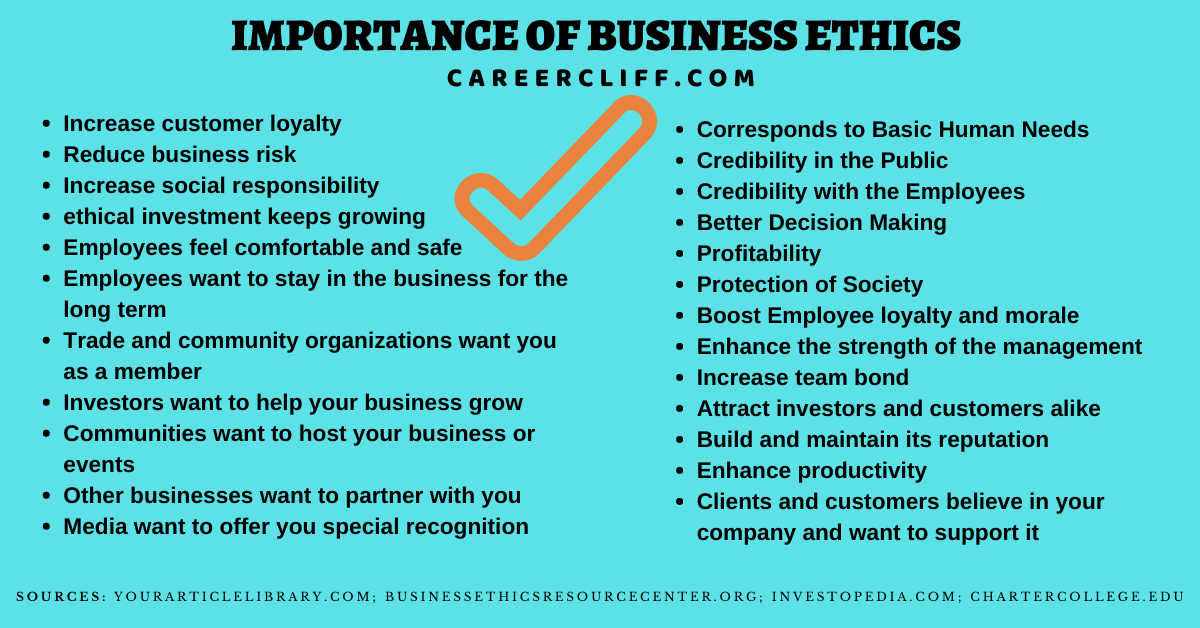“ethics refer to a set of moral principles which should play a very significant role in guiding the conduct of managers and employees in the operation of any enterprise.” — dale s. All of us have opportunities to choose between right and wrong every day, we see in the business press, getting it wrong can lead to serious consequences, including corporate failure, loss of reputation, fines or even jail sentences.
At its simplest, ethics is a system of moral principles.

What does ethics refer to. However important the issue under investigation psychologists need to remember that they have a duty to respect the rights and dignity of research. Ethical people always strive to make the right decision in all circumstances. 1 quite often, a counsellor’s role is to assess and refer clients on to more appropriate help.
[noun] the discipline dealing with what is good and bad and with moral duty and obligation. Sometimes a client needs specialist counselling or a different approach and it is up to the counsellor to make this transition as smooth as possible for the client and to manage the process. Key takeaways business ethics refers to implementing appropriate business policies and practices with regard to arguably controversial.
Unit 2 (cover sheet 3) making an ethical referral 2. A set of principles of right conduct. Should you need more guidance on ethical behavior at work, your company may offer further training via seminars or online courses.
Professional ethics and codes of conduct first. We may think of moralizing as an intellectual. It is the study of morally appropriate behaviour and decisions, and examining what should be done.
We have a moral responsibility to protect research participants from harm. It deals with the way people should act. The concepts are similar, but there.
Ethics is concerned with rights, responsibilities, use of language, what it means to live an ethical life, and how people make moral decisions. A code of ethics is a guide of principles designed to help professionals conduct business honestly and with integrity. The term ethics can also refer to rules or guidelines that establish what conduct is right and wrong for individuals and for groups.
If you are required to take ethics training annually, be sure to do so. For instance, ethical standards govern conduct in medicine, law, engineering, and business. Rushworth kidder states that standard definitions of ethics have typically included such phrase…
These can help reinforce the points made in the company’s handbook. Ethics refers to the correct rules of conduct necessary when carrying out research. The last may be associated with particular religions, cultures, professions, or virtually any other group that is at.
Professional ethics is an ancient concept that dates back to the days of ancient greece and the roman empire. The term ethics may refer to the philosophical study of the concepts of moral right and wrong and moral good and bad, to any philosophical theory of what is morally right and wrong or morally good and bad, and to any system or code of moral rules, principles, or values. While they’re closely related concepts, morals refer mainly to guiding principles, and ethics refer to specific rules and actions, or behaviors.
The ethics of a culture. A code of ethics document may outline the mission and values of the business. Ethics as a noun means the study of standards of conduct and moral judgment;
The law usually sets the tone for business ethics,. There is even a specialized discipline, research ethics, which studies these norms. A moral precept is an idea or opinion that’s driven by a desire to be good.
Ethics definition, a system of moral principles: Ethical norms also serve the aims or goals of research and apply to people who conduct scientific research or other scholarly or creative activities. Ethics is very significant in the world of business.
Some issues that come up in a discussion of ethics include corporate governance, insider trading, bribery,. For example, codes of conduct express relevant ethical standards for professionals in many fields, such as medicine, law, journalism, and accounting. An ethical code is a set of rules that defines allowable actions or correct behavior.
The english word ethics is derived from the ancient greek word ēthikós (ἠθικός), meaning relating to one's character, which itself comes from the root word êthos (ἦθος) meaning character, moral nature. Professional ethics refers to the personal code of conduct that one is expected to uphold in a workplace, as well as the ethics of the organization and industry that he or she works for. Ethics does not describe the way people do act.
Ethics is a branch of philosophy that studies the difference between right and wrong. Information and translations of ethics in the most comprehensive dictionary definitions resource on the web. Ethics synonyms, ethics pronunciation, ethics translation, english dictionary definition of ethics.
This word was transferred into latin as ethica and then into french as éthique, from which it was transferred into english. Some philosophers make a distinction between ethics and morals. When discussing ethics, the philosophy is generally separated into:
The freedom of people to decide for themselves how to act within their own beliefs.; Morality is what someone thinks or feels is good or bad.there are many different moralities, but they share some things. For example, most people think that.
⁕normative ethics, about the practical means of determining a. They affect how people make decisions and lead their lives. Ethics, for example, refers to those standards that impose the reasonable obligations to refrain from rape, stealing, murder.

What is ETHICAL EGOISM? What does ETHICAL EGOISM mean? ETHICAL EGOISM
PPT WHAT DOES DNR REALLY MEAN? COMFORT MEASURES ONLY PowerPoint

Ethics and Integrity in ServiceA Presentation made to the Abia State…

What is VISUAL ETHICS? What does VISUAL ETHICS mean? VISUAL ETHICS

24 Importance of Business Ethics How to Grow Ethics? Career Cliff